Education
Mamie Gamoran
Evelyn Garfiel
Evelyn Garfiel’s Jewish scholarship on topics like the prayer book and the Hebrew language helped make Jewish study accessible to the broader public. She served on the boards of several Jewish women’s organizations and published a book in 1957 that explored the prayer book and explained the origins and purpose of different prayers.
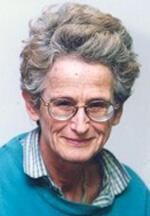
Ruth Gavison
Ruth Gay
Through her writing, Ruth Glazer Gay captured an engaging view of the Jewish community, both past and present. As a writer, journalist, and archivist, she demonstrated throughout her life the possibility of having an intellectually vibrant career while still accommodating marriage and motherhood.
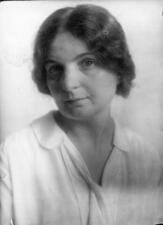
Hilda Geiringer
Lillian Mellen Genser
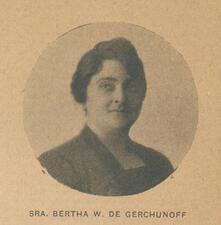
Berta Gerchunoff
Berta Wainstein de Gerchunoff was an Argentine socialist, feminist, and later Zionist leader. As President of the Argentine branch of WIZO, she led an exponential growth of women’s Zionist commitments all over Latin America.
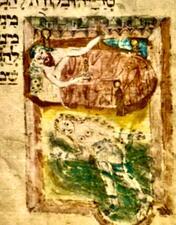
German-Jewish Pietists: Attitudes towards Women
Despite their small numbers, the introspective and penitential religious outlook of the German-Jewish Piestists had a significant and lasting impact on European Jewry. Written by men and intended for a male audience, the Pietists’ writings heighten the profound ambivalence toward women that is inherent in the rabbinic tradition
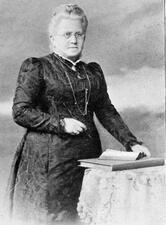
Germany: 1750-1945
The Jewish Reform movement did not liberate women from their subordinate religious status, and the nineteenth-century bourgeois German family ideal with its rigid gender roles soon eclipsed the fluid structure of premodern Jewish families. Jewish women were expected to transmit German bourgeois values while also shaping their children’s Jewish identity.
Edith Gerson-Kiwi
Edith Gerson-Kiwi was a world-renowned musicologist and a pioneer in the research of the music of the Jewish communities in Israel. In 1970 she received the Engel Prize of the Tel Aviv Municipality for her scholarly work in Jewish music.
Temima Gezari
Artist and innovator Temima Gezari made a lasting impact on Jewish education through her vivid artwork, illustrations of children’s books, and many years of teaching. Her philosophy of using art to teach about Jewish holidays and customs left an indelible mark on countless schoolchildren. After more than 60years in the field, she was a legendary presence in Jewish education.
Susan Brandeis Gilbert
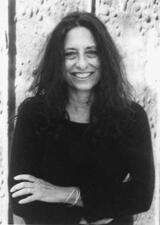
Carol Gilligan
The pioneering work of American psychologist Carol Gilligan changed the way the field of psychology studied women and, arguably, the way society views women. Challenging mainstream psychology through her interrogation of the accepted benchmarks of moral and personal development, she proposed that women and men have different moral criteria and follow different paths in maturation.
Blanche Gilman
A native New Yorker, Blanche Pearl Gilman contributed her energy and resources to a variety of religious, health, social, and activist organizations. Gilman devoted her career to bringing diverse groups together, from her interfaith work to her leadership in the Pro-Falasha (Ethiopian Jewry) Committee.
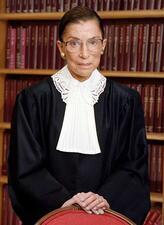
Ruth Bader Ginsburg
Ruth Bader Ginsburg is a unique figure in the history of American law, and indeed, of the twentieth-century women’s rights movement. The founder of the American Civil Liberties Union Women’s Rights Project in 1972, she was confirmed for the United States District Court for the District of Columbia in 1980 and became the first Jewish woman on the Supreme Court in 1993.
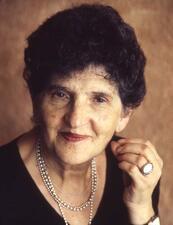
Margo Glantz
Margo Glantz is a Mexican-Jewish writer, journalist, literary critic, and academic. Born in Mexico City in 1930, Glantz demonstrates tremendous versatility as a writer and thinker who strongly identifies with Mexican, Jewish, Catholic, and indigenous practices and beliefs.
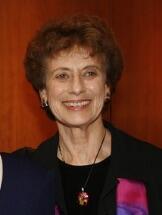
Penina Migdal Glazer
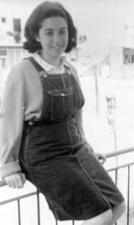
Miriam Cohen Glickman
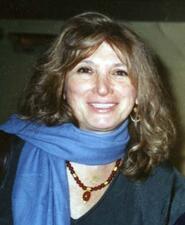
Nora Glickman
Argentine-born Nora Glickman is a prolific dramatist and short story and non-fiction writer, translator, editor, and professor of Latin American literature.
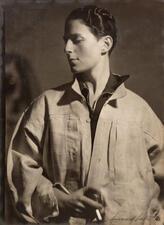
Gluck (b. Hannah Gluckstein)
A self-proclaimed individualist, Gluck painted outside abstract contemporary trends. Instead, Gluck naturalistically painted subjects reflecting her personal life and social circle, making her a unique character in the modern British art scene. Gluck was also proud of her queer, androgynous identity, which she infused into her artwork.
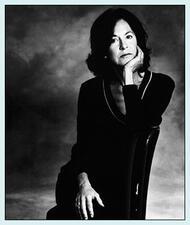
Louise Glück
Louise Glück, American poet, essayist, and educator, was the recipient of the 2020 Nobel Prize in Literature, as well as numerous other awards for her writing; she also served as poet laureate of the United States from 2003 to 2004. One finds the personal, the mythological, and the Biblical woven intricately throughout Glück’s oeuvre.
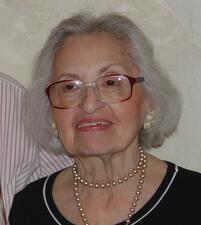
Doris Bauman Gold
Doris Bauman Gold was motivated by her long participation in Jewish organizational life to found Biblio Press, dedicated to educating Jewish women about their own history and accomplishments. Through Biblio Press, Gold published more than 27 general audience books that address and illuminate the culture, history, experiences, and spiritual yearnings of Jewish women.
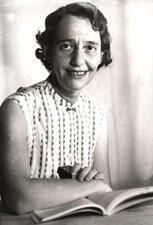
Lea Goldberg
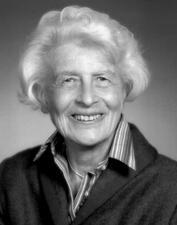
Gertrude Scharff Goldhaber
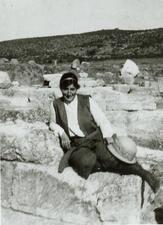
Hetty Goldman
Hetty Goldman was one of the most distinguished American archaeologists in the early twentieth century, the first woman appointed to direct an archaeological excavation by the Archaeological Institute of America and the first woman professor at Princeton’s Institute for Advanced Study.


